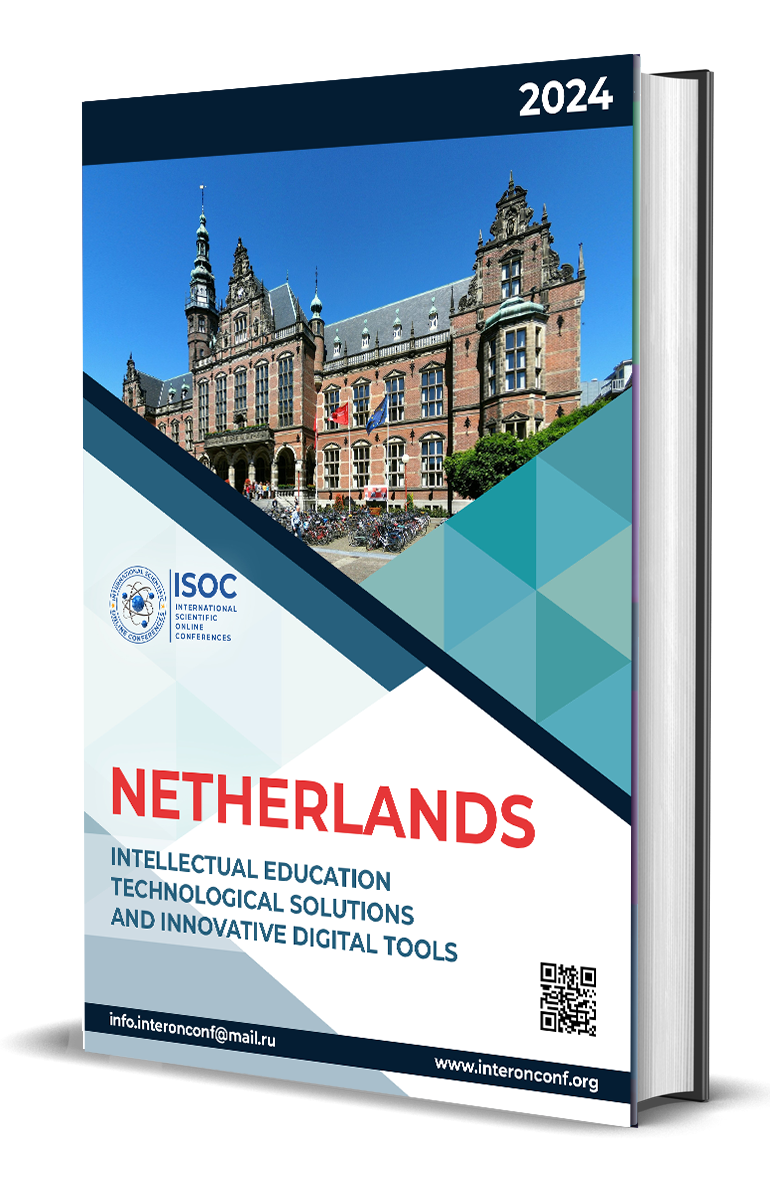IMPLEMENTING ALTERNATIVE ASSESSMENT IN ENGLISH AS A FOREIGN LANGUAGE CLASSROOMS
Abstract
This article explores the integration of alternative assessment methods within English as a Foreign Language (EFL) classrooms. Traditional assessment practices often fall short in capturing the diverse language competencies of EFL learners. By embracing alternative assessment approaches, such as portfolios, projects, and self-assessment, educators can provide more holistic and authentic evaluations of students' language proficiency. This paper discusses the rationale behind incorporating alternative assessment, its benefits, and practical strategies for implementation. Through a review of relevant literature and examples of successful implementation, this article aims to guide EFL instructors in effectively integrating alternative assessment to enhance teaching and learning outcomes.
References
Brown, H. D., (2004). Language Assessment Principles and Classroom Practices
Brown, S. (2005). Assessment for Learning. Learning and Teaching in Higher Education, 1, 81-89.
Dudley-Evans, T. (2001). Genre and second-language academic writing. Language Teaching, 34(3), 185-200
Frechtling, J. (2002). An overview of quantitative and qualitative data collection methods The 2002 user- friendly handbook for project evaluation (pp. 43-62).
Grabin, L. A. (2007). Alternative assessment in the teaching of English as a foreign language in Israel (Doctoral Dissertation). University of South Africa, South Africa.
Richards, J. C. & Renandya, W. A. (2002). Methodology in language teaching. Cambridge: Cambridge University Press.





